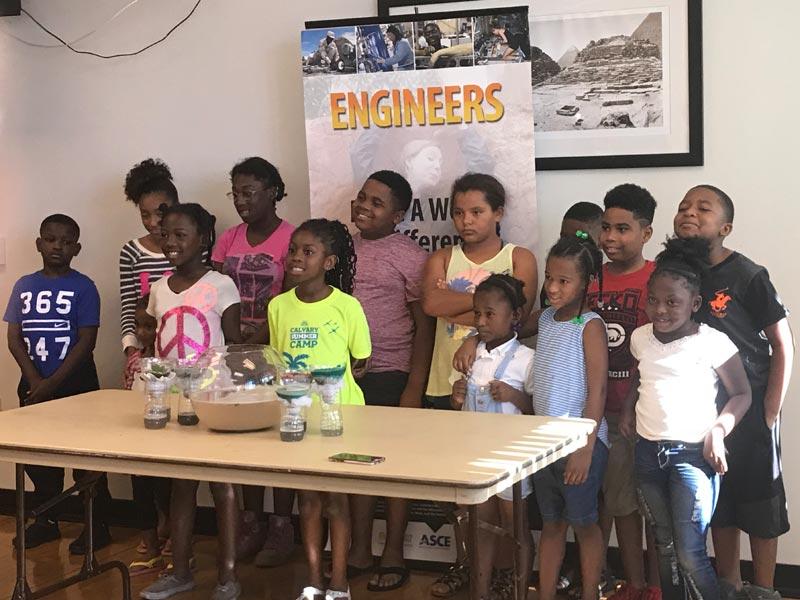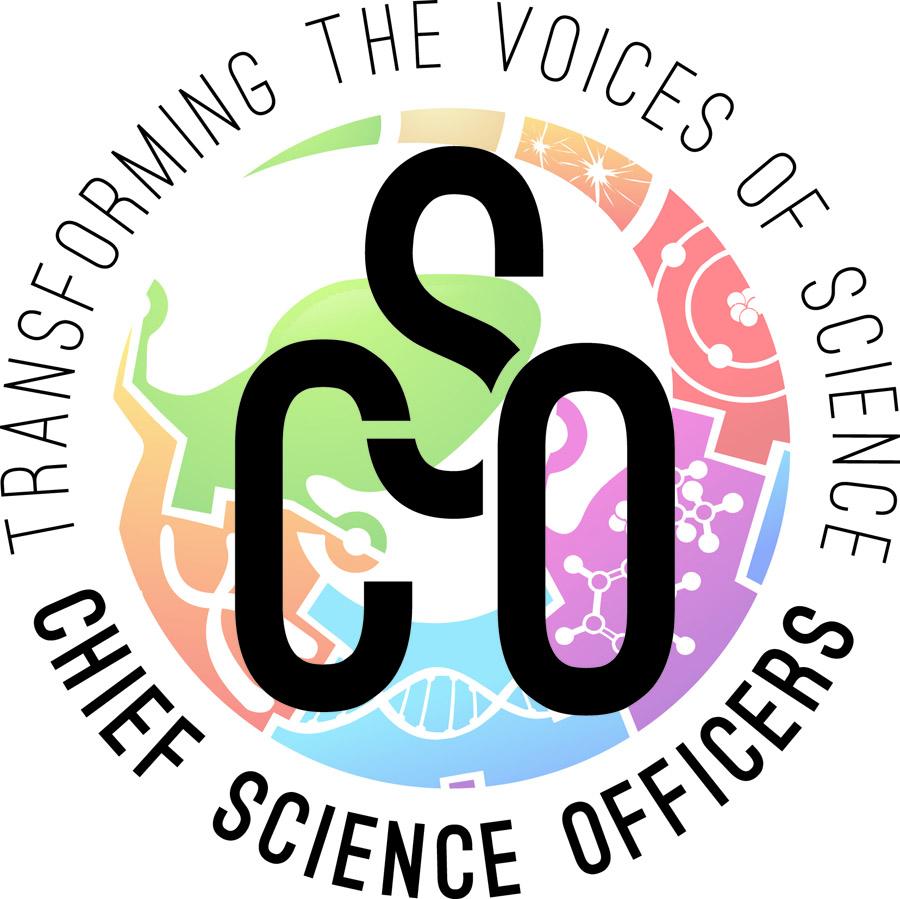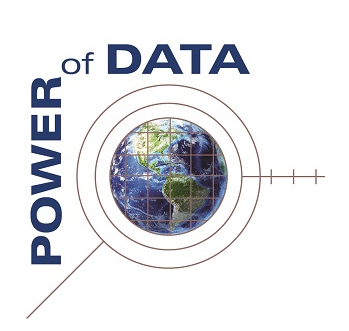Investigating Barriers and Strategies to Increase HBCU Participation in STEM Education Research
HBCUs are critical to producing a diverse and inclusive workforce as they graduate a disproportionate number of African American future STEM workers and STEM leaders. Although the National Science Foundation is fully committed to diversity and inclusion, there has been little research to determine why Historically Black Colleges and Universities are not fully participating in the NSF STEM educational research opportunities.


